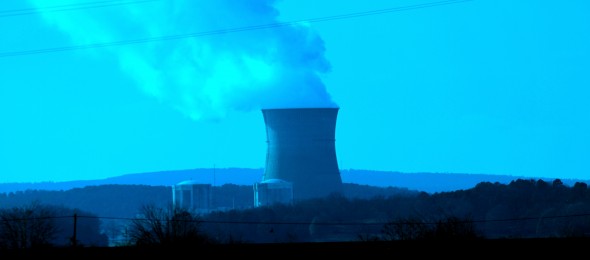On Friday, the Supreme Court of Texas held that a neutral arbitrator’s partial disclosure of relevant facts that might reasonably lead an objective observer to believe he was biased towards one party constitutes evident partiality. In Tenaska Energy, Inc. v. Ponderosa Pine Energy, LLC, No. 12-0789 (Tex. May 23, 2014), Ponderosa sued Tenaska for $200 million over a breached power plant purchase agreement. Following arbitration, a three-member arbitral panel awarded Ponderosa $125 million and Ponderosa sought to confirm the award in district court.
Tenaska opposed confirmation of the award by stating an arbitrator selected by Ponderosa, Samuel A. Stern, failed to fully disclose relevant information regarding his relationship with members of Ponderosa’s law firm as well as his ownership interest in a company that did ongoing business with the firm. Tenaska argued the previously undisclosed information demonstrated Stern’s likely bias in favor of Ponderosa. The trial court agreed, vacated the arbitral award based upon Stern’s evident partiality, and ordered a new arbitration. Ponderosa then filed an appeal with Texas’ Fifth Court of Appeals in Dallas.
The Dallas appellate court reversed the trial court’s decision and stated Stern provided sufficient information regarding his relationship with the law firm to place Tenaska on notice. The court also held that Tenaska should have inquired further into Stern’s allegedly biased relationships prior to engaging in arbitration. The Fifth Court of Appeals found that Tenaska waived its right to challenge Stern’s neutrality post-arbitration when the company proceeded with arbitration without further inquiry into those relationships. After the Dallas court confirmed the panel’s arbitral award, Tenaska appealed the case to the Supreme Court of Texas.
On appeal, the Texas high court found the arbitrator’s partial disclosure demonstrated his evident partiality. According to the Supreme Court of Texas,
When we examine this undisclosed information together against what Stern actually disclosed, we conclude the information is not trivial and might have conveyed an impression of Stern’s partiality toward Penski and Boland’s client to a reasonable person.
Additionally, the court held that Tenaska did not waive its right to challenge Stern’s likely bias,
Here, Tenaska is challenging Stern’s partiality based on the information he failed to disclose. Tenaska did not waive its evident partiality challenge by proceeding to arbitration based upon information it was unaware of at that time. Bossley, 79 S.W.3d at 33; TUCO, 960 S.W.2d at 638. To hold otherwise “would put a premium on concealment” in a context where the Supreme Court has long required full disclosure. Middlesex Mut. Ins. Co. v. Levine, 675 F.2d 1197, 1204 (11th Cir.1982).
Because the arbitrator’s “failure to disclose information that might lead an objective observer to question his partiality establishes his evident partiality,” and Tenaska did not possess sufficient information regarding the likely bias to waive its partiality challenge, the Supreme Court of Texas reversed the holding of the Dallas Appeals Court and ordered the parties to engage in a new arbitration.














